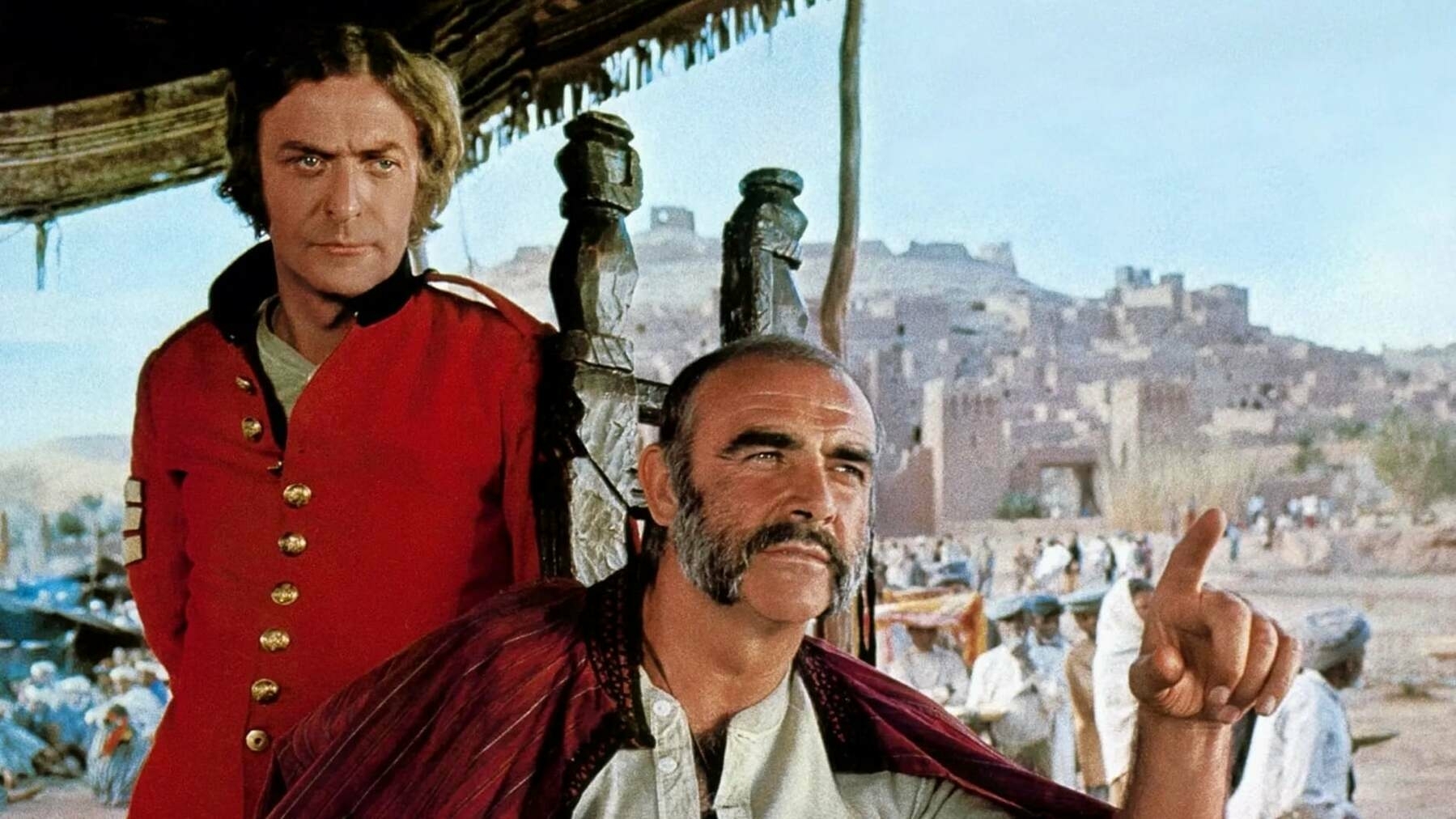The third edition of John Brady’s This & That. zine reached my mailbox this week. As I read through it, I thought about the slower pace of communication from the past. In the book Of Human Bondage by W. Somerset Maugham, the residents of a small British town at the turn of the 20th century share a newspaper, each taking shifts throughout the day.
Soon after breakfast Mary Ann brought in the Times. Mr. Carey shared it with two neighbours. He had it from ten till one, when the gardener took it over to Mr. Ellis at the Limes, with whom it remained till seven; then it was taken to Miss Brooks at the Manor House, who, since she got it late, had the advantage of keeping it.
There’s something quaint and romantic about having such little and proscribed access to information. It’s almost the exact opposite of what we have today, with the glut of news and entertainment that we can barely hold off.
